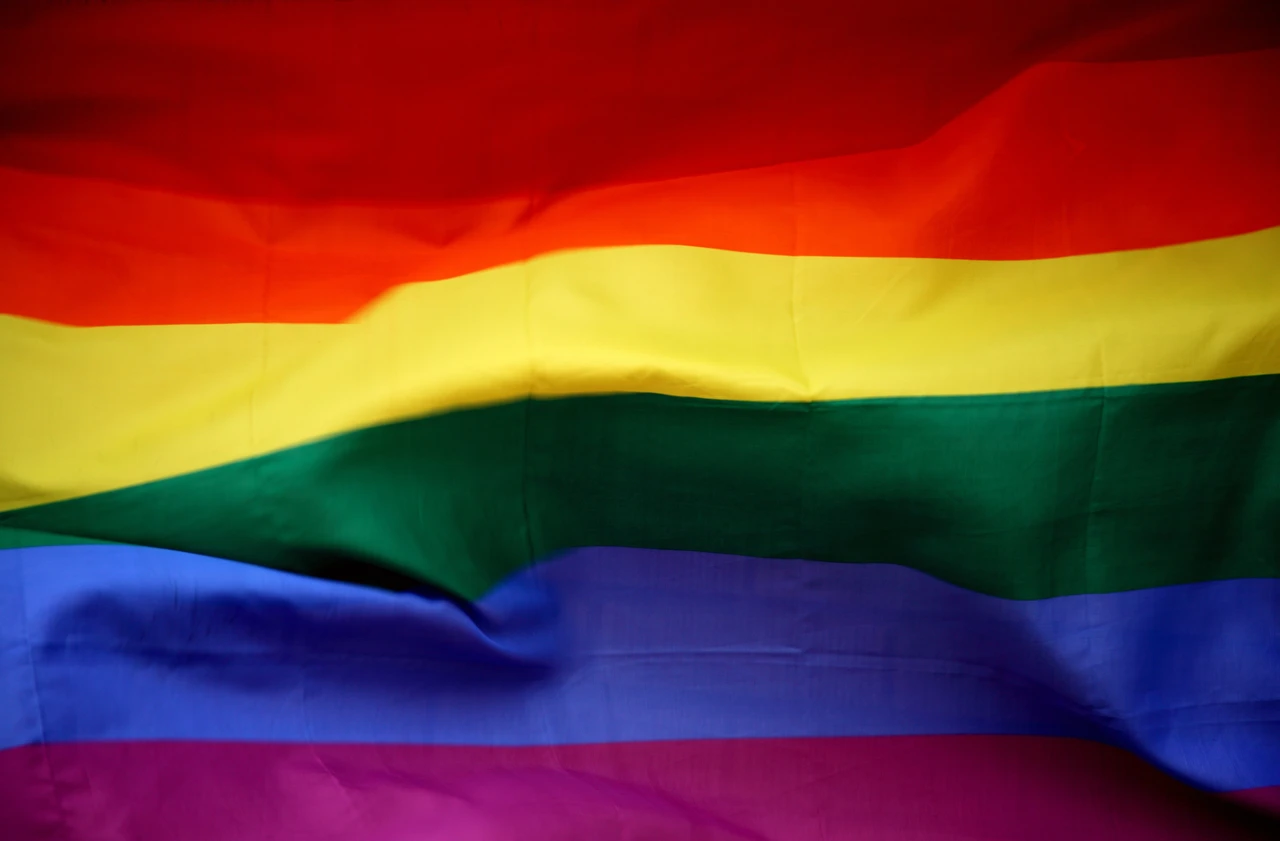by Jay Beecher | 12 Dec, 2022

Members of Russia’s LGBT community have told American news outlet CNN of their growing fears amid Russia’s recent ramping-up of legislation, which the community considers to be harsh and bigoted.
Russia’s Upper House, giving its final approval to a new legislative package cracking down on what it called “LGBT propaganda” in November, it handed the legislation over to President Putin, who signed it into law without hesitation.
The legislation, expanding on Russian law adopted in 2013, added restrictions on the promotion of what it calls "non-traditional sexual relations and/or preferences," giving Russian officials the power to hand out heavy penalties, including prison sentences to members of the LGBT community.
"We are citizens, the same as everyone else," Yaroslava, a young mother in a lesbian relationship told CNN on Sunday, Dec. 11.
"We pay taxes, support charities. But the government is doing everything to force us to leave the country. Honestly, it is scary to stay."
"We are the most vulnerable category within LGBT," she added. "We have a child, and they (the Russian authorities) can put pressure on us."
"Our mere existence is illegal for our state and even for our child. According to the law, we are people of non-traditional sexual orientation and children should not see us or that we exist at all. Our son sees us. By that logic, our very existence is 'propaganda of non-traditional sexual relations' within our family. That means we are illegal."
Yaroslava and her partner Yana, both from St. Petersburg, said they are having to take extra measures to protect themselves and their family. This includes using anonymous or private accounts on social media and sending their son to a private playschool more tolerant of the LGBT community, and using a private hospital where there is less risk of a doctor reporting them to child protection authorities.
The legislation has led to persecution and a rise in the display of discriminatory views by some Russians.

OpenDemocracy reported on Nov. 16 that LGBT human rights organisation Nash Svit (Our World) had documented an increase in attacks on members of the gay community by Russian soldiers in Ukraine.
After interviewing numerous victims, Nash Svit claimed that, during the ongoing invasion, Russian troops had subjected members of Ukraine’s LGBT community in Kherson and Mariupol to a string of homophobic abuse, including sexual violence and imprisonment.
Oleksandr, one of the men the organisation interviewed, said he was detained at a Russian filtration checkpoint in March whilst attempting to leave Mariupol.
Russian soldiers looked through his mobile phone and, discovering that he was gay, he was jailed on "trumped-up terrorism charges".
Upon prison administrators being told of his sexual orientation, he was subjected to repeated sexual violence by other inmates, with no help being offered by prison staff.
"The prisoners began to harass me," he said.
"For a while I resisted, but after a few days I was forced to do what they said. Almost every evening, 10 to 15 men raped me, until I was released by representatives of the administration."
Friends Ilya and Mykola told Nash Svit they were detained at a Russian checkpoint near Kherson in March whilst trying to deliver medicine and food to local people suffering from Russia’s ongoing invasion.
After finding a pornographic video on Ilya’s phone, Russian soldiers punched both men several times before stealing some of the medicine, food, and the small amount of cash the men carried in their wallets.
Ilya and Mykola were released after a two-hour ordeal, with soldiers shouting homophobic insults and firing bullets at their car.
Nash Svit has a network of staff operating as monitors across Ukraine, documenting anti-LGBT attacks committed by Russian soldiers.
"The monitors have been working in the network for quite a long time and LGBTIQ representatives know that there is a network of monitors, so if there is a case, they immediately contact a representative of the network," Oleksandra Semenova, a long-time member of the organisation told OpenDemocracy.
"Psychologically and morally, it is hard for everyone and as all monitors of the network are open LGBTIQ people and, of course, can be attacked," she added.
Jay Beecher is a British journalist now living in Kyiv. Having written for top British newspapers such as the Daily Mail and Daily Mirror, his favorite topics to cover are crime and politics. Beecher came to Ukraine in May and spent time on the front lines in the east reporting on Russian war crimes.
No comments:
Post a Comment